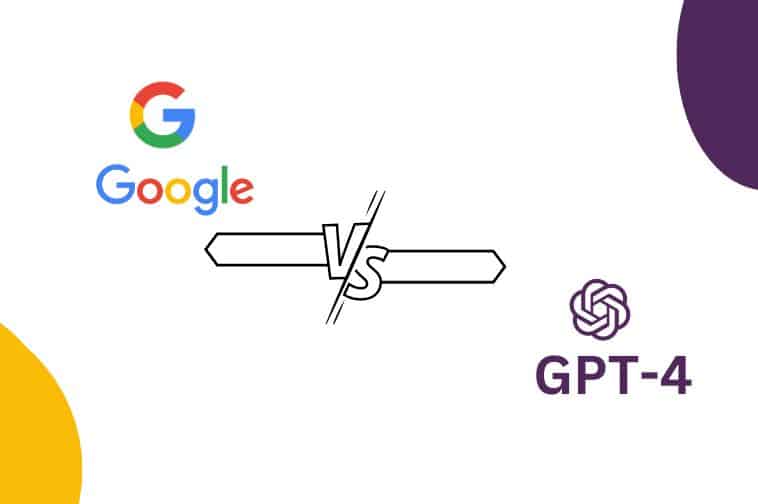As technology continues to advance, artificial intelligence (AI) and machine learning are becoming more prevalent in our daily lives. One of the areas that have seen significant improvements in AI is the search engine industry. Google, the world’s most popular search engine, has been at the forefront of this technological revolution. However, with the recent advancements in AI and the upcoming release of GPT-4, many are questioning whether GPT-4 will end up replacing Google. In this article, we will explore the future of search engines and analyze whether GPT-4 could eventually replace Google.
What is GPT-4?
Before we delve deeper into the topic, let’s first understand what GPT-4 is. GPT-4 stands for “Generative Pre-trained Transformer 4” and is an AI language model being developed by OpenAI. It is the successor to GPT-3, which is currently the largest and most powerful language model. GPT-4 is expected to have even more advanced capabilities, including better natural language processing, improved performance, and enhanced accuracy.
Read More: GPT-4 is coming next week
The Advancements of GPT-4
GPT-4’s advancements in AI technology could lead to significant improvements in the search engine industry. One of the major benefits of GPT-4 is its ability to generate human-like text. This means that GPT-4 could potentially provide more personalized and accurate search results than any search engine before it. Additionally, GPT-4 could potentially revolutionize the way we interact with search engines by allowing users to converse with it more naturally and conversationally.
Another significant advancement of GPT-4 is its ability to process and analyze data at an unprecedented speed. This means that GPT-4 could potentially provide real-time search results, making it faster and more efficient than any search engine before it.
Could GPT-4 Replace Google?
Now, let’s address the question that many are asking: Could GPT-4 replace Google? The answer is not straightforward and requires a closer examination of both Google and GPT-4’s capabilities.
Google has been the leading search engine for over two decades, and it has continuously evolved to improve its search capabilities. Google has a vast database of indexed pages, and its algorithms are highly optimized to provide the most relevant search results to its users. Google has also integrated AI and machine learning into its search algorithm, allowing it to better understand user queries and provide more accurate search results.
On the other hand, GPT-4 has yet to be released, and its capabilities are still unknown. While GPT-4’s advancements in AI technology are impressive, it is still unclear whether it can match or surpass Google’s search capabilities.
The Future of Search Engines
Regardless of whether GPT-4 can replace Google, one thing is clear: the future of search engines is AI-driven. As AI technology continues to advance, search engines will become more efficient, accurate, and personalized. AI-powered search engines could potentially provide users with more relevant search results, making it easier for users to find the information they need.
However, the rise of AI-powered search engines also raises concerns about data privacy and the impact of AI on jobs. AI-powered search engines rely heavily on user data to provide personalized search results, and this raises concerns about data privacy. Additionally, the advancements in AI technology could potentially lead to job losses in the search engine industry, as AI-powered search engines can perform tasks that were previously done by humans.
Final Thoughts
In conclusion, the question of whether GPT-4 will end up replacing Google is complex and multifaceted. While GPT-4’s advancements in AI technology are impressive, it is still unknown whether it can match or surpass Google’s search capabilities. However, one thing is clear: the future of search engines is AI-driven, and as AI technology continues to advance, search engines will become more efficient, accurate, and personalized.

